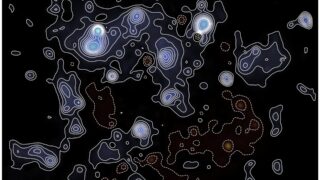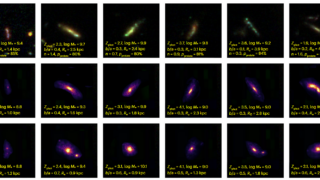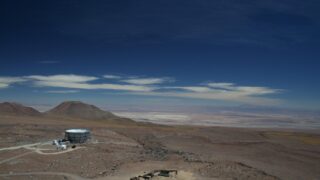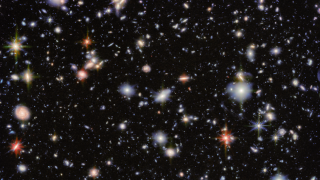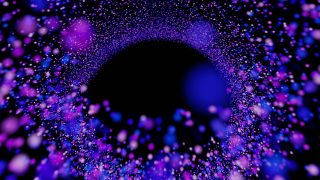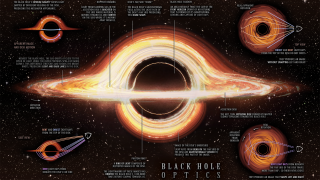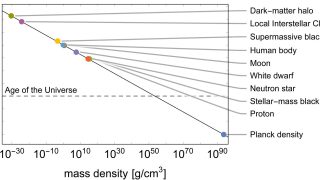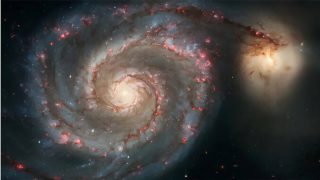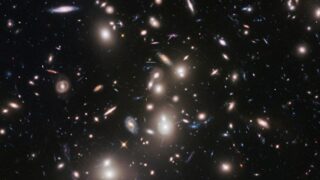
How DESI’s star-forming galaxies map the cosmic web
When we look at the night sky, we see a scattered collection of stars and galaxies, but to an astrophysicist, these are merely the glowing foam on the crest of a much deeper, invisible ocean. The vast majority of the matter in our universe is dark matter, a substance that does not emit, absorb, or […]

